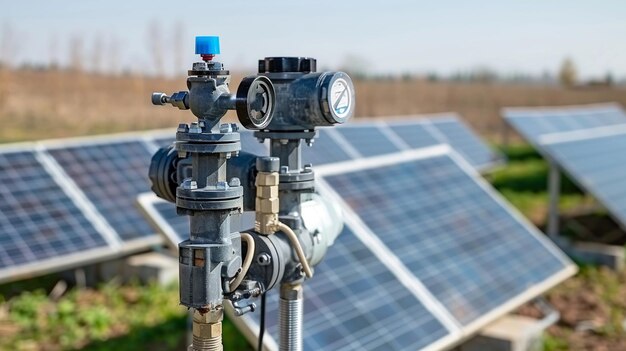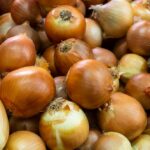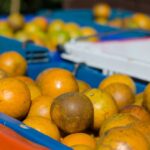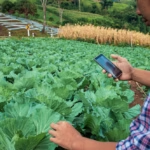As global agriculture faces the dual challenges of feeding a growing population and reducing environmental impact, sustainable farming practices have become critical. In South Africa, where energy costs are high and access to electricity can be unreliable in rural areas, solar-powered equipment offers an innovative and cost-effective solution. Here’s why solar power is essential for sustainable farming and how it benefits farmers.
1. Reducing Operational Costs
Solar energy significantly lowers the cost of powering farm equipment and operations. Farmers can save on electricity bills or fuel expenses by using solar-powered irrigation systems, water pumps, and refrigeration units. These cost savings enable farmers to reinvest in other areas of their operations, improving overall efficiency and profitability.
2. Enhancing Energy Independence
Many South African farmers face power outages or lack access to grid electricity, especially in remote areas. Solar-powered equipment provides energy independence, ensuring uninterrupted operations regardless of grid reliability. This autonomy is especially beneficial for farmers with time-sensitive tasks like irrigation or cold storage for perishable produce.
3. Promoting Environmental Sustainability
Traditional farming practices often rely on fossil fuels, which contribute to greenhouse gas emissions and climate change. Solar-powered equipment offers a clean and renewable alternative, reducing the carbon footprint of agricultural activities. Adopting solar technology aligns with global efforts to combat climate change and preserve the environment for future generations.
4. Improving Water Management
Solar-powered water pumps and irrigation systems are transforming how farmers manage water resources. These systems enable efficient water usage by automating irrigation schedules and delivering water directly to crops when needed. This is particularly valuable in South Africa, where water scarcity is a persistent issue.
5. Supporting Precision Farming
Solar energy integrates seamlessly with modern precision farming technologies, such as drones, weather sensors, and automated machinery. These tools rely on renewable energy to collect data, monitor crop health, and optimize resource allocation. By combining solar power with advanced technologies, farmers can boost productivity while minimizing waste.
6. Offering Long-Term Investment Benefits
Although the initial cost of installing solar-powered equipment can be high, the long-term benefits outweigh the expense. Solar systems have low maintenance requirements and long lifespans, often exceeding 20 years. Government incentives, such as tax rebates or grants for renewable energy, further reduce upfront costs for South African farmers.
7. Enhancing Food Security
Reliable energy from solar power ensures that farmers can maintain consistent production levels, regardless of external factors like energy shortages or rising fuel prices. By stabilizing agricultural operations, solar technology supports food security and contributes to the resilience of local and national food systems.
8. Creating Employment Opportunities
The adoption of solar technology can create job opportunities in rural areas, from installation and maintenance to manufacturing and distribution of solar equipment. This contributes to local economic development while promoting the transition to sustainable farming practices.
9. Enabling Off-Grid Cold Storage
For farmers handling perishable goods, solar-powered refrigeration units are game-changers. These systems allow for the safe storage of fruits, vegetables, dairy, and meat products, reducing post-harvest losses. By extending the shelf life of produce, farmers can access broader markets and increase their income.
10. Preparing for a Sustainable Future
As the demand for eco-friendly agricultural practices grows, farmers who adopt solar-powered equipment position themselves as leaders in sustainability. This not only improves their marketability but also ensures they are prepared for stricter environmental regulations and shifting consumer preferences toward green farming.
Solar-powered equipment is more than a cost-saving tool—it is a pathway to sustainable farming in South Africa. By reducing reliance on fossil fuels, enhancing resource efficiency, and fostering energy independence, solar technology empowers farmers to meet current challenges while preparing for a greener future. Investing in solar power is not just an environmental choice; it is a strategic move toward a resilient and thriving agricultural sector.







